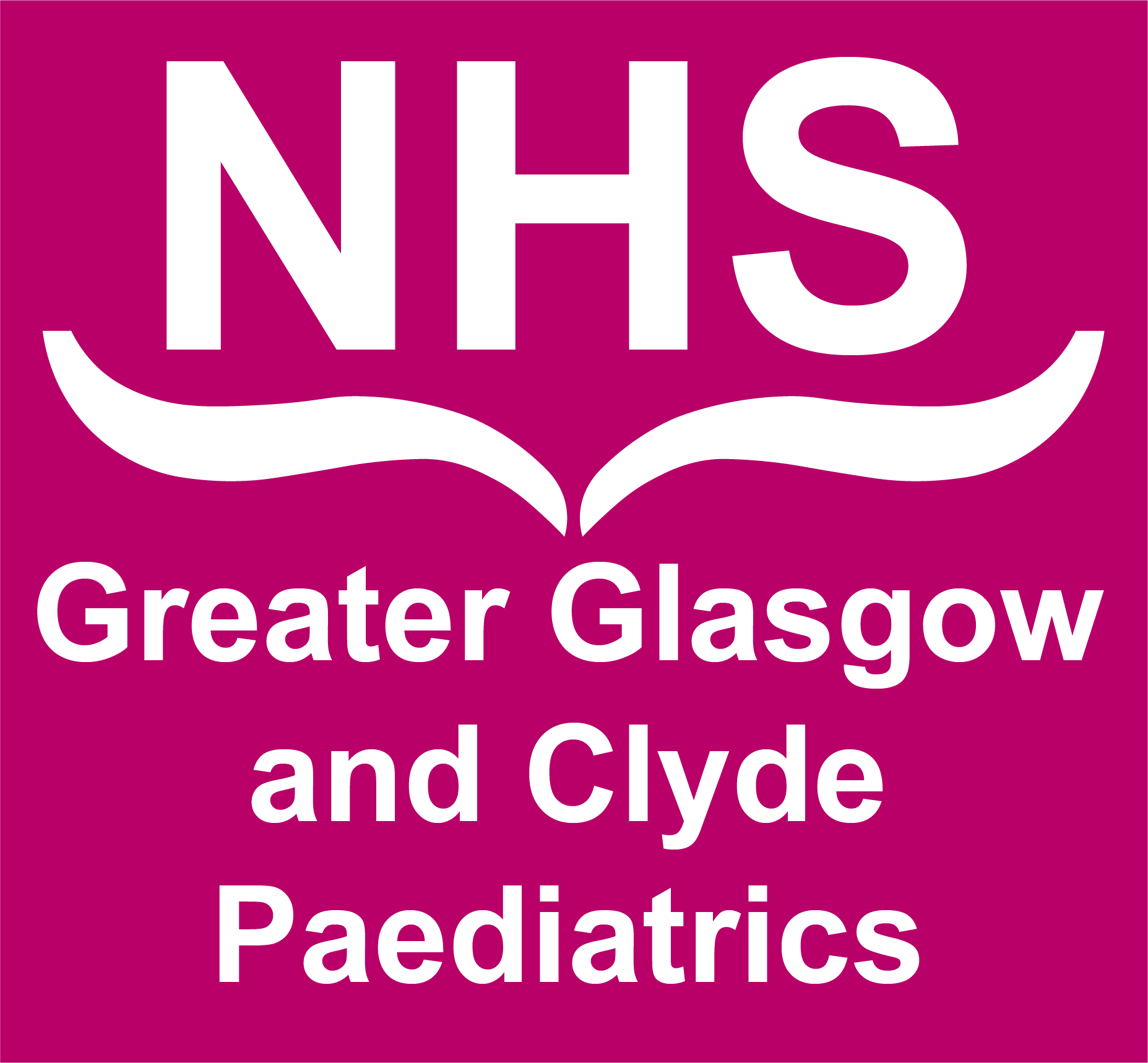Subcutaneous medications for specialist symptom management and end of life care, RHCG (1171)

The aim of this guidance document is to support high-quality, safe practice across NHS Greater Glasgow & Clyde and thereby maintain and when necessary improve the standard of care provided to children requiring specialist symptom management and end-of-life care.
This guidance provides guidance for registered nursing and medical staff in the administration of subcutaneous bolus medication and continuous subcutaneous infusions (CSCI) using the ambulatory BD BodyGuard T pump and upgraded version 3 CME T34 pumps. This guidance is underpinned by Healthcare Improvement Scotland’s ‘Guidelines for the Use of the CME T34 Syringe Pump for Adults in Palliative Care (2019)’.
All nursing and medical staff are accountable for their own sphere and scope of practice. In recognition of their own role, staff will be aware of which competency needs to be met and maintained before undertaking that specific clinical practice. This guidance outlines the expected processes and requirements for the four elements of CSCI administration:
- Subcutaneous device insertion and maintenance
- Subcutaneous bolus administration
- 24 hour CSCI administration
- Ward nursing monitoring and troubleshooting of continuous subcutaneous infusion medication administration